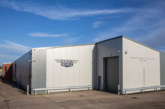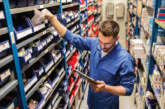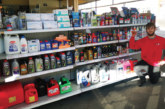How remanufacturing is central to the circular economy
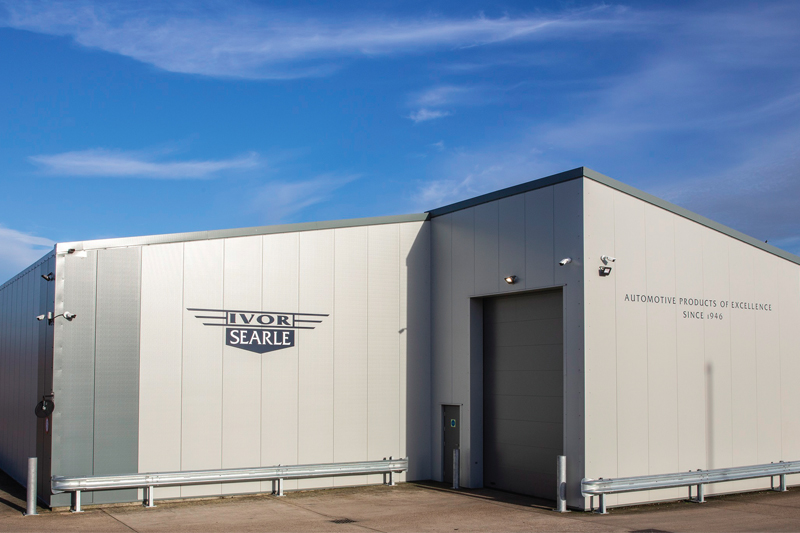
David Eszenyi, Ivor Searle’s commercial director, examines the environmental benefits of remanufactured products and the opportunity to promote their role in making the parts supply chain more sustainable to meet the demands of increasingly eco-aware end-users.
Remanufacturing has a long history in the UK, where it emerged due to the need to conserve resources and create jobs to support the rebuilding of the country’s economy at the end of the Second World War. Eight decades later, remanufacturing has evolved significantly and is central to the ‘circular economy’ where products are designed to be robust and straightforward to disassemble. This enables them to be remanufactured with multiple ‘lives’, providing both environmental and economic benefits. While remanufacturing is employed across a number of diverse industries, such as automotive, aerospace and consumer electronics, they all share the ability to produce a second life product that is equal to the performance of the original item.
As well as saving natural resources, remanufactured products also offer a much more sustainable solution, as considerably less energy and materials are used in the remanufacturing process; for example, engines remanufactured by Ivor Searle conserve approximately 55kg in core metal and around 85% of the engine’s original components are returned to OEM specification. All waste metals from the process, such as old pistons and swarf produced by machining operations, is also collected for recycling.
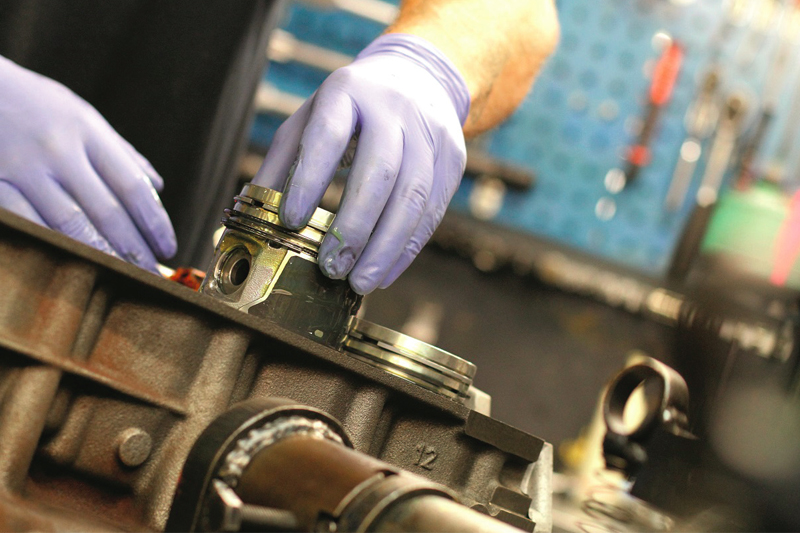
Covering a range of product areas, including rotating electrics, fuel injection and electronics, as well as major units such as engines, gearboxes and turbos, remanufacturing plays a significant role in the automotive aftermarket where replacement components are needed to repair and maintain the country’s vehicle parc. Supported by well-established exchange programmes, remanufacturing also helps to ensure that parts are available for some time after production of a specific vehicle has ended.
Although price and availability remain key decision points for workshops purchasing remanufactured products, with major units, such as Ivor Searle engines costing around 40% less than brand new, the sustainability advantages of remanufacturing are set to become increasingly important considerations, as professionals become more aware of the need to reduce carbon emissions. As the main route to market for remanufactured products, you have the opportunity to promote this essential role in the shift towards making the parts supply chain more sustainable.
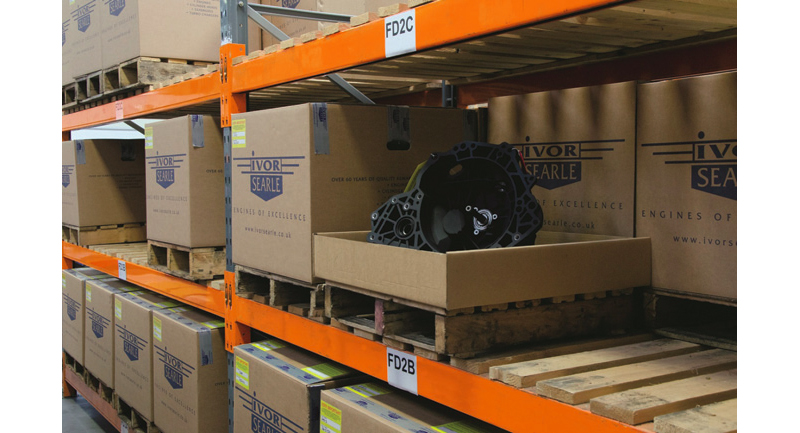
Report claims importance of sustainability in aftersales is “growing”
While sustainability in the automotive industry is currently focused on persuading consumers to transition from ICEs to EVs, a report published in 2022 by Accenture found that sustainability in automotive aftersales is growing in importance in the minds of consumers.
Based on a survey of 8,500 drivers across seven countries, including the UK, the professional services company found that drivers care significantly about sustainability, with 86% of those consulted saying they would change brands if they could get a more sustainable aftersales experience with another comparable vehicle. The main reasons for being willing to switch car brands included eco-friendly servicing operations utilising green energy and the use of eco-friendly products.
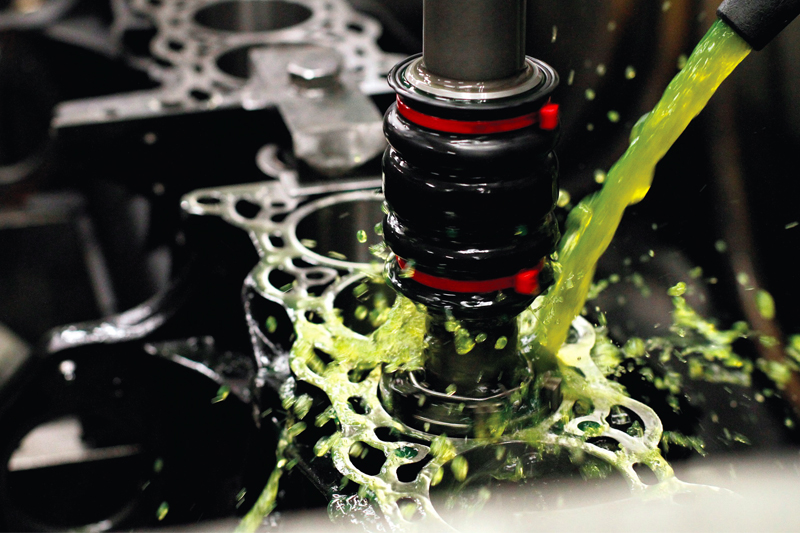
Based on our experience as a well-established supplier to over 1,500 automotive distribution outlets throughout the UK and overseas, it is clear that awareness of sustainability is gradually increasing, along with an understanding of the environmental advantages of remanufactured components and major units. Although cost, product availability and quality continue to be the main considerations for workshops purchasing remanufactured products, it is clear that end-users, including fleet customers and private motorists, will increasingly demand a more sustainable approach to vehicle repairs and maintenance and the parts that are used.


